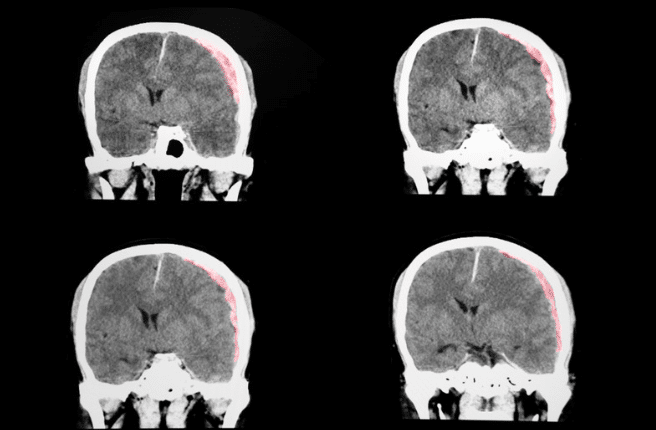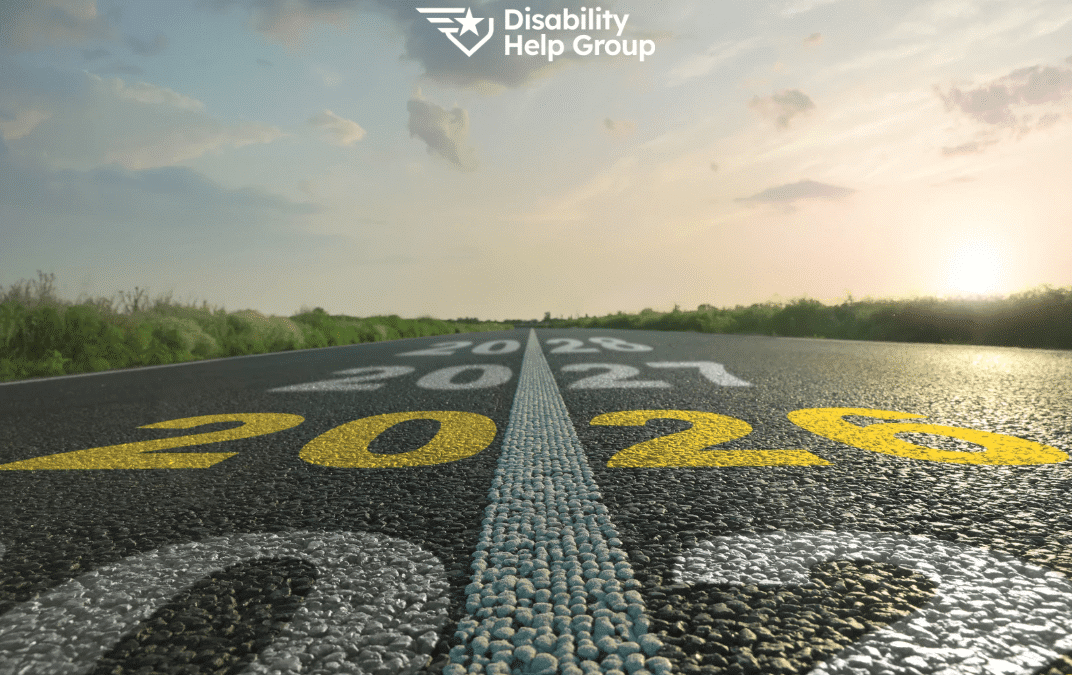SSD Benefits for Widows
The Social Security Administration (SSA) provides benefits to certain survivors of deceased workers. That’s true whether the deceased was still working, was retired, or was receiving SSDI benefits at the time of their death. But, not every survivor qualifies for widows’ benefits or other survivor benefits. The surviving spouse will typically be entitled to benefits based on the deceased worker’s work history if:
- The widow or widower has reached full retirement age
- The widow or widower is at least 60 but below full retirement age (benefits will be reduced)
- The widow or widower is at least 50 years old and disabled (benefits will be reduced)
- The widow or widower does not qualify based on age and/or disability but is caring for a child of the deceased who is under the age of 16 (benefits will be reduced)
Note, though, that there are complications, potential disqualifications, and choices to be made. For example, if you’ve reached retirement age yourself, you can choose between your deceased spouse’s benefit and your own, but you can’t collect both. And, if you’re receiving a pension from work that didn’t pay into Social Security, such as a city government employer, that may impact your widows’ benefits.
It may seem that widows’ benefits would be almost automatic since the criteria are so cut-and-dried. But, you will actually be required to provide quite a bit of documentation when applying for survivors’ benefits. That’s true in any case but can be especially challenging if you are claiming benefits between the ages of 50 and 59 because you are disabled. You cannot apply for widows’ benefits online.
Be Sure to Explore all Available Benefits
Though this post is focused on widows’ benefits, other relatives, including minor children, adult children who are disabled, and–in some cases–dependent parents may also be entitled to benefits. Make sure to explore all available benefits before applying.
Applying for Disability Benefits as a Widow
If you’ve been widowed and your spouse qualified for Social Security benefits, you may qualify for benefits on your spouse’s work record. But, it doesn’t work that way for SSDI. To qualify for Social Security disability, you must have accrued sufficient work credits of your own. Pursuing SSDI as a widow is no different from pursuing the same benefits as a single person or a married person–except that you may have to choose between your own benefits and the benefits you are entitled to as a surviving spouse.
Don’t Take Chances with Your Widows’ Benefits
As you can see, the process of securing benefits for yourself and your children after the death of a spouse can be trickier and more time-consuming than you might have expected. And, survivors’ benefits can be denied and appealed just like any other Social Security application.
At Disability Help Group, we put our experience to work for people like you every day. To learn more about how we can help you, call 800-800-3332 or contact our team of experts here.







